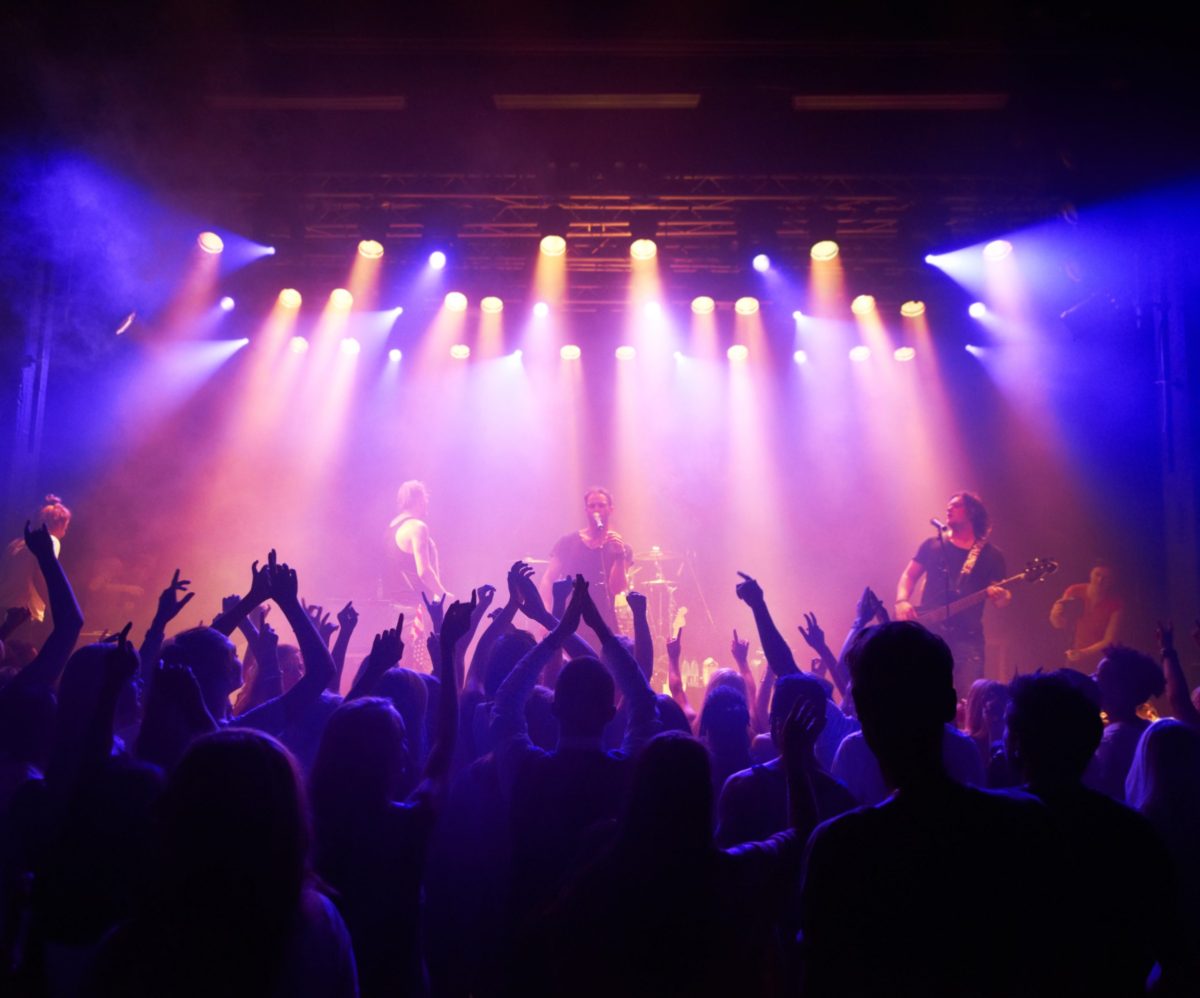A report published by the Western Sydney Business Chamber has proposed a five-point plan for the New South Wales Government to support and expand live music venues across the state.
Entitled The Show Must Go On: Supporting the Growth of Live Performance in NSW, the report highlights the decline of live music in New South Wales, even as the demand for it increases. Nationally, ticket sales to live music gigs has been healthy, with revenue increasing by 31.7 per cent from 2016 to 2017. However, New South Wales has not shared in the growth, with its share of revenue and attendance decreasing.
The report found that the main problem was a lack of fostering of live music venues in the state, with most of the revenue from NSW coming from festivals, rather than in-house gigs.
“We have a problem in NSW with a lack of appropriate venues for life performance. We lack theatres, both big and small, and what venues we do have, are not adequately distributed across the State,” said David Borger, Executive Director of the Western Sydney Business Chamber.
“Communities across Western Sydney and NSW are wanting to attend musical theatre and other forms of live entertainment but our State’s planning system has failed to provide or allow the tools to be used by venues and local councils to provide these platforms.
The report has five recommendation to revive live music in NSW’s night-time economy:
- State and Local Governments should prioritise live performance infrastructure in their planning and development controls, including;
- FSR and height concessions for new development which provide new theatres and performances spaces;
- Establish a Transferable Development Rights system for trading heritage and airspace rights to support the retention of historic venues;
- Amend the State and Council development contributions schemes to include live performance infrastructure as being an eligible typology for contributions and developer levies;
- Remove State Government restrictions on Local Council partnering with the private sector to develop new theatre and live performance spaces.
- State and Local regulators should adopt measures that foster a safe and vibrant live performance industry including;
- Establishing and supporting precincts where live performance is actively encouraged and to support clustering of venues and theatres;
- Agent of change rules – for example insuring that lively entertainment precincts are acknowledged in Section 149 Certificates;
- Later night trading for venues which provide live performance;
- Streamlined and coordinated complaints processes for noise complaints.
- Establish a fund to allow private venue operators and emerging artists to apply for grants for capital and programming. The fund could include a number of sources including a ticket tax based on similar schemes in London and Paris, financial support from State and Local Government and philanthropic donations.
- State and Local Council’s to undertake a census of live performance venues across NSW to provide a clear snapshot of the state of the industry and to identify gaps in infrastructure provision.
- Encourage and incentivise universities to provide theatres and venues in their campus expansion and investment programmes. Universities should be required to develop a cultural plan when they are seeking approval for the development of new campuses.
John Wardle of the Live Music Office, was supportive of the report’s findings.
“The Live Music Office welcomes this important initiative from the Western Sydney Business Chamber in examining the live music and performance ecology of Western Sydney and further providing constructive recommendations from which to better support art form practice and local arts and cultural economic development across the region.
“Importantly, the recommendations identify the fundamental need to set the ground rules with land use planning for night time economy areas, as well as address the widely acknowledged overlap in regulations that featured strongly in evidence and associated findings from last year’s state parliament music and arts economy upper house inquiry.”
The report also highlighted areas that need fostering outside of Sydney’s CBD, including Parramatta, Campbelltown and Wollongong.
“It is time for us to change the underlying economics of providing live performance infrastructure if we are going to rebuild the once vibrant live performance industry we had in NSW,” stated Borger.

